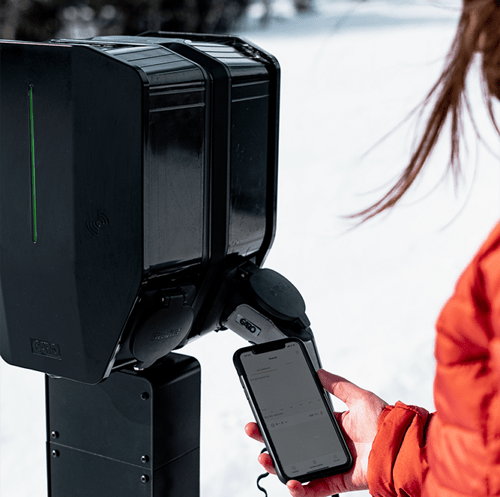Billing solutions for electromobility - what is it all about?
Billing solutions for electromobility are essential systems and processes that ensure that the charging process for electric vehicles is correctly recorded, monitored and billed to users. A distinction is made between the basis and type of billing solution.
- Charging infrastructure and backend systems: Billing solutions often work together with a backend system that monitors the charging infrastructure, logs charging processes and manages billing.
- Access control: Billing solutions also include mechanisms for controlling access to the charging stations. This can be done using RFID cards, smartphone apps, QR codes or other identification methods.
- Time-based billing: Users pay for the time they spend at the charging station.
- Energy consumption-based billing (kWh-based): Users only pay for the amount of energy actually charged.
- Flat rates: A flat rate per charging session, regardless of charging time or amount of energy charged.
- Dynamic pricing: Pricing that changes depending on demand, time of day or grid utilization.


